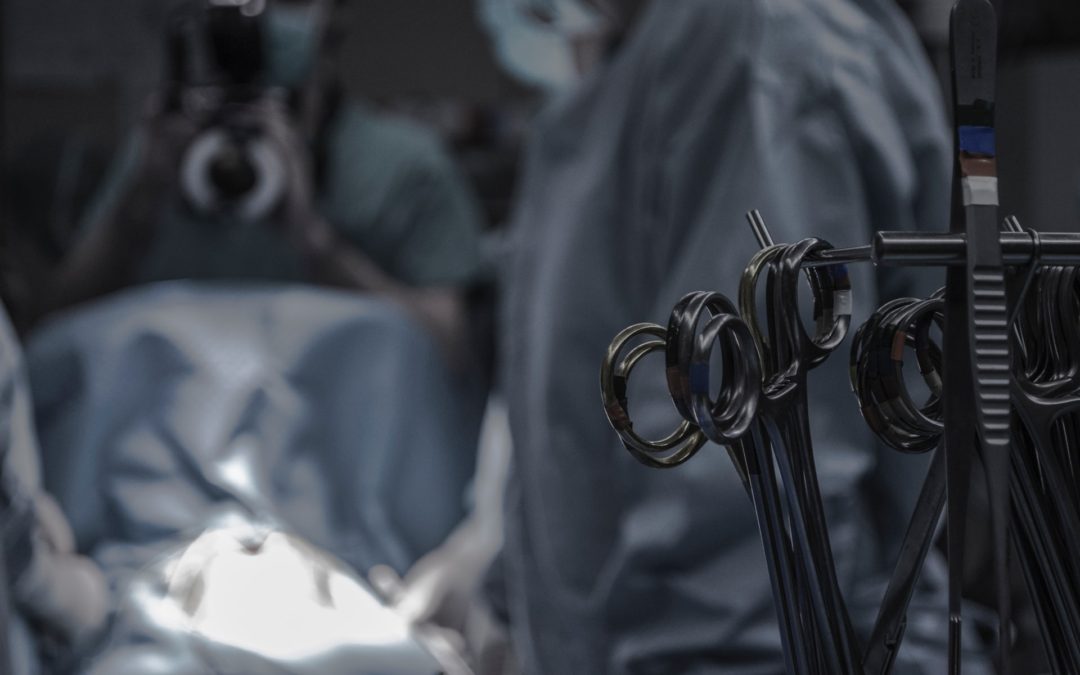Did you know that every year doctors in the United States perform more than 310 million surgeries? Surgeries, by nature, are quite invasive procedures not only physically but mentally as well. Surgery patients might suffer from anxious episodes for weeks or months before a surgical procedure.
Did you know that every year doctors in the United States perform more than 310 million surgeries? Surgeries, by nature, are quite invasive procedures not only physically but mentally as well. Surgery patients might suffer from anxious episodes for weeks or months before a surgical procedure.
Fortunately, healing hypnosis might be the perfect solution. Hypnosis might conjure up the classic image of a doctor waving a watch back and forth, but real hypnosis is actually much different and much more effective. What does medical hypnotherapy have to do with preparing for surgery?
Keep reading and learn more about the medical uses of hypnosis and how hypnosis anesthesia can help with pre-surgery anxiety.
What You Need To Know About Healing Hypnosis
Hypnosis for medical procedures is not new, but it has been gaining more popularity in recent years. Again, hypnosis in medicine is not the stereotypical kind of hypnosis treatment you might be familiar with. Instead, hypnosis in medicine and surgery is used for a variety of beneficial reasons, most importantly to calm a person’s preoperational anxiety or fear.
Most people worry to a certain extent about an upcoming surgery. Some may be absolutely terrified about undergoing surgery and unwilling to go through with it even if necessary. There are many benefits of hypnosis, and one of the most important ones is that it has the power to calm most people and put them into a state of relaxation.
Hypnotherapy is actually so effective that more and more hospitals around the country are starting to employ this method to deal with surgical anxiety before procedures. In some cases, hypnosis during surgery may also be very beneficial. The goal is to put the individual at hand into a trance-like state.
The person may focus on certain images, thoughts, or memories to distract themselves from the surgery at hand. This is useful for surgeries in which the person has to be awake for the procedure. But what about surgeries where the individual needs to be rendered unconscious with general anesthesia?

Hypnotherapy Before, During, and After Surgeries
Of course, hypnotherapy during this kind of surgery would be unnecessary. However, hypnotherapy could still be very useful leading up to the surgery. That way, the person will be much calmer for the procedure, and the surgery will not be as mentally traumatic.
Some debate whether hypnotherapy can be an alternative to anesthesia. In response to this, it is important to remember that hypnotherapy is not a magic way to get rid of all bodily pain. While hypnotherapy can certainly help reduce or soothe pain after a surgical procedure, it cannot take the place of anesthesia.
Its power comes from being able to calm the body. When the body is calm, the pain response will not be as intense. But again, the pain response will still exist, and hypnotherapy cannot completely erase it.
For that reason, it is a very good accompaniment to other medical aspects, such as anesthesia. But how is hypnotherapy administered, you might ask?

How Hypnotherapy Is Administered
The first step of hypnotherapy is to relax. Your hypnotist will help you relax if you are having trouble doing so on your own. To start relaxing, it is important to clear your mind of whatever thoughts are making you anxious.
Another way to relax is to control your breathing. You can do this by taking slow, deep breaths. Visualization is also important. Part of hypnosis is envisioning yourself in certain states or scenarios.
For example, even if you are nervous at the moment, visualizing yourself calm can actually help calm you down. Suggestion is also an important part of hypnotherapy. Your hypnotist will suggest certain things to you to change the way you think about certain matters.
For example, if you think that something horribly wrong will happen when it’s time for your surgery, your hypnotist will put this issue into perspective for you. Is it really as terrible as it seems? In reality, the surgery may be a relatively safe and simple procedure and not as scary as it seems to be in your mind.
The Benefits of Hypnotherapy
Through the suggestions of your hypnotist, you will also learn certain coping skills. For example, while you are in a state of hypnosis, you may be able to cope with your fears differently than usual. For example, you may focus on certain images or thoughts to distract yourself from the fear at hand.
This will allow you to block out what makes you afraid or anxious. Sometimes, your hypnotist may also urge you to explore your past. This is often the case for those who have had bad surgical experiences in the past.
In this case, it is important to reflect upon your past experiences. That way, you can put them into perspective and see if they are really as bad as you remember them. Moreover, you can accomplish all of this while in a very peaceful, trance-like state.
These hypnotherapy practices can also help you in your everyday life when you’re not hypnotized. They can help you cope with certain fears, stress, and anxieties that you have and help you relax when you need to calm down.

All About the Medical Uses of Healing Hypnosis
Healing hypnosis has been increasing in popularity in recent years, and it can be particularly helpful for those who are anxious about an upcoming surgery. Hypnosis can help a person calm down and block out the fear of surgery before, during, and after the surgical procedure. While hypnosis cannot take the place of anesthesia, it can help reduce pain after surgery and chronic pain as well.
Remember to always talk to your physician before opting for hypnotherapy treatment. To learn more about medical hypnosis, contact us here.

